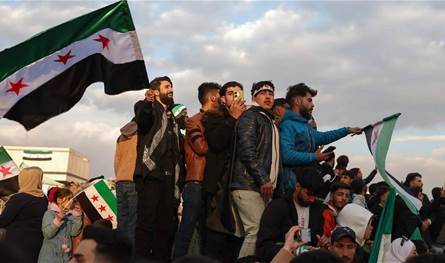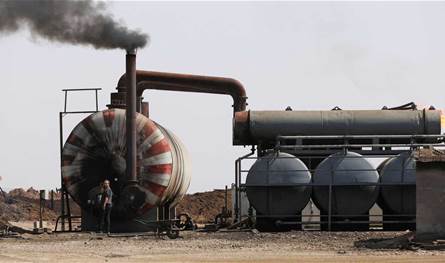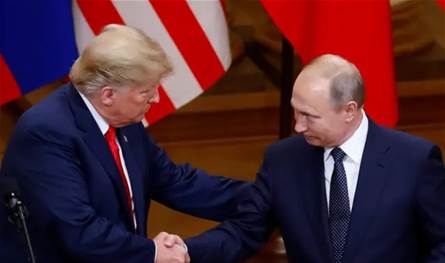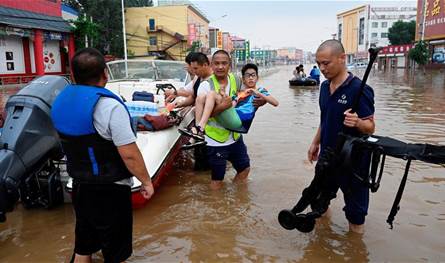Syria determines its Lebanese priorities: arrested and economic agreements

“Al -Akhbar” wrote: In the midst of the open crises in Lebanon and Syria, a political -security movement was recorded on the Beirut -Damascus line without provoking a great noise. Contrary to the interpretations that prevailed last week about the postponement or cancellation of the Syrian delegation (which was scheduled to visit Lebanon last week), the news of the reception of Deputy Prime Minister Tariq Mitri was surrounded by a Syrian official delegation that includes the former Minister and Director of Arab Affairs in the Ministry of Foreign Affairs, Dr. Muhammad Taha Al -Ahmad, and former Minister Muhammad Yaqoub Al -Omar, the official of the consular administration, and the head of the National Authority for the lost. The forcibly hidden and Muhammad Reda Munther Gilkhi with some obfuscation.
The new, according to informed sources, is that President Joseph Aoun was in front of his close persons to a conviction that consists of him, that “things with the Syrian side will not be negative”, and that the Lebanese -Syrian meetings held in Jeddah or Riyadh that revolve around discussing relations between the two countries and ways of resolving them are overwhelmed by public relations, and that the Kingdom of Saudi Arabia wants to devote its role as a regulator of future relations between Beirut and Damascus.
Received sources said that the visit of the Syrian delegation was also made with American pressure, but the circumstances have not yet matured to reach solutions to the outstanding issues between the two countries, noting that “the delegation sent yesterday is a technical delegation, and it is clear that its primary concern is to discuss the file of the detainees.” The sources revealed that «the delegation came to identify the committees that must be composed to discuss the files, and it was agreed to form two committees, one judicial one to follow up the file of the detainees, and another to demarcate the borders within two weeks in preparation for the visit of a ministerial delegation that includes the Syrian Minister of Justice and the Interior.
The security meetings in Riyadh do not reflect progress in Beirut’s relations with Damascus, but Saudi Arabia wants to devote its role as an organizer of the relationship between the two countries.
According to Syrian sources, Damascus arranges its priorities in the relationship with Lebanon based on the priorities of the political team supporting President Ahmed al -Shara, in which there is a social base concerned with the release of about 1500 Syrians and Lebanese who had previously been arrested, tried or imprisoned in Lebanon against the background of their political position or military activity against the previous regime.
The sources continued, that the Syrian approach does not bear the challenge to the government of Lebanon, and that what is required is to accelerate Beirut to immediately on a humanitarian background, to prevent an escalation by active forces in Syria, and it demands that the new government in Damascus deliberately wave lawsuits against every Lebanese who participated in the fighting alongside the previous regime, and that returning from this option remains at the release of the arrested people currently in Lebanese prisons.
According to the sources, Damascus also does not hide its interest in dozens of Lebanese Islamists who were arrested or tried against the background of the Syrian crisis. Damascus considers that it is morally responsible for these people, and it is ready to host them in Syria until the atmosphere is cooled and later returned to Lebanon.
In the security and political files, Damascus considers that a workshop for joint committees can be launched between the two countries to set a framework for the demarcation of the land and sea borders between the two countries, to close any existing dispute forever. On the economic side, Damascus considers that it has the right to reconsider all the agreements that were held between the two countries in the previous thirty years, and that the legal debate in Syria is based on the fact that the economic system in Damascus has witnessed a major change, and Damascus no longer needs Lebanon as a center to cross the goods that the previous regime was prohibiting its formal entry into Syria, and that the new government opened all the land, sea and air crossings to a wide import process, which will affect the role Lebanon border facilities.
It is also noteworthy that the Syrian delegation is not authorized to provide decisive answers about the file of the displaced Syrians, and according to the Syrian sources, Damascus had informed Lebanon through more than one side, that before the launch of the reconstruction process in Syria, it will be difficult to return to a large majority of the displaced, although the Syrian state encourages families living in camps to return to its villages and cities now. The sources said that Damascus received information about the desire of the Lebanese authorities to accelerate the return of the families of the displaced and not all family members, as there is an actual need for the Lebanese economy to the Syrian workers in a large way, and in all sectors of production and services.
The post Syria determines its Lebanese priorities: arrested and economic agreements appeared first on 961 tobay Lebanon today.















